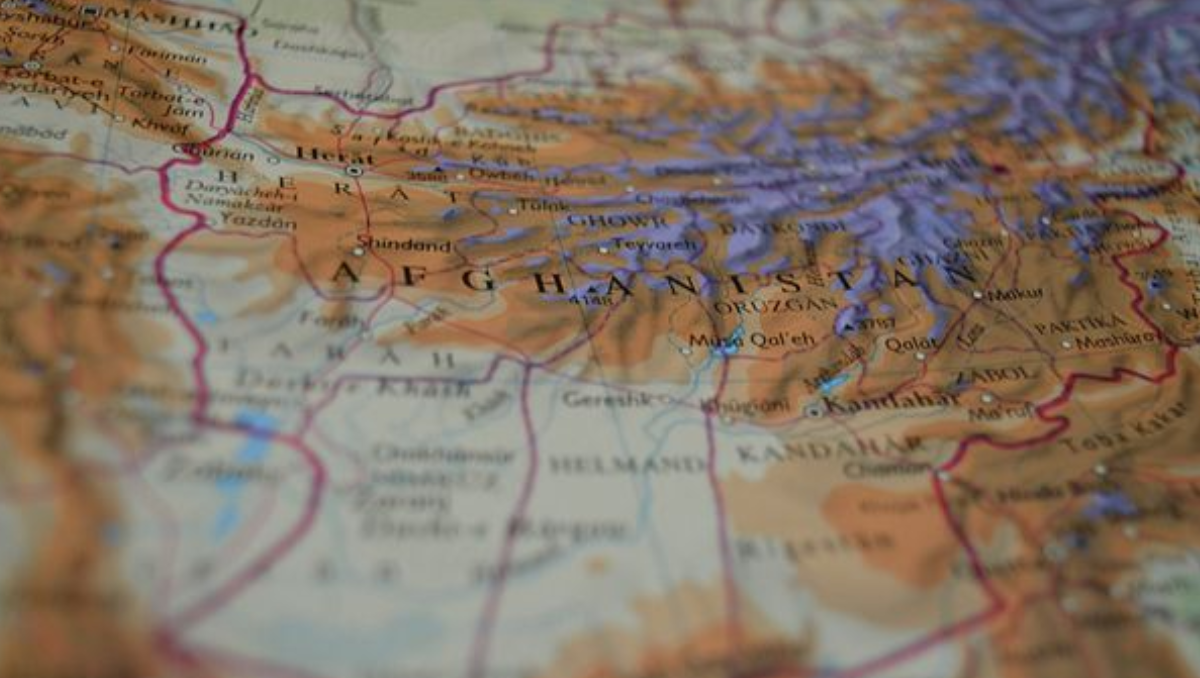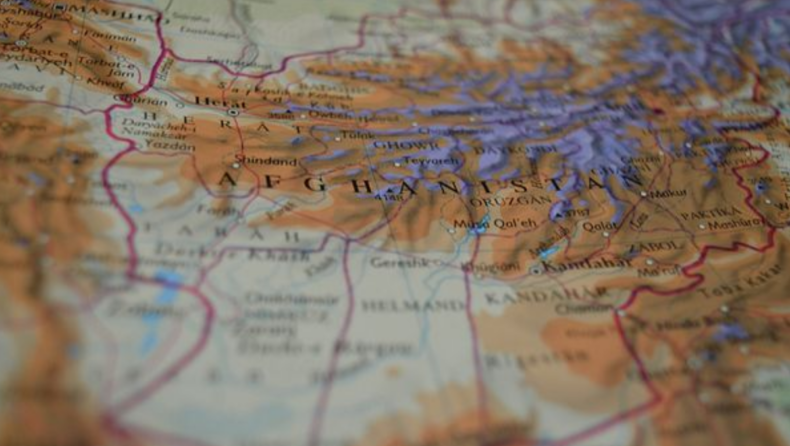The countries in Asia must work together to address the Afghanistan issue and security concerns.

Almost a year ago, the Taliban had taken over Afghanistan when the United States completed its botched withdrawal from the country. There onwards, various other global crises, especially Russia’s invasion of Ukraine have pushed the Afghan issue to the backstage of the world’s conscience.
Afghan and the West:
North Atlantic Treaty Organization (NATO), a previous key player in the US-led intervention in Afghanistan, firmly left the country behind. The latest strategic concept statement mentioned Afghanistan only once and in the peripheral context of crisis prevention.
Europe and the US are presently engaged with the Taliban regime on issues like women’s education, human rights, and inclusive governance, where they looking for immediate actions.
The concern still revolves around counterterrorism. The assassination of al-Qaida chief Ayman al-Zawahiri by a drone last weekend points out that the US is taking action without any communication with the Taliban.
Afghanistan and the Asian Neighbours:
The situation appears more complex for the Asian neighbors of Afghanistan. While counterterrorism remains a key focus, regional connectivity serves as an important concern. The very interests of each neighbor vary, overlapping a little.
China is preferred as an economic partner by the Taliban. The Chinese engagements with the new Taliban regime have been robust and public, with both the issues of investments and security on the table.
In the last months of last year, the Taliban had forced the Uyghur militants to leave Afghanistan’s only province bordering China. Uyghur militants are the ones who oppose China’s rule in Xinjiang province. However, one of the Uyghur militant groups- the Turkish Islamic Party, published recent photos on social media that point out the organization continuing its operations openly in Afghanistan.
The rivalry between India and Pakistan is also spilled very frequently into Afghanistan. Pakistan has fed support to the Taliban for decades now to use its insurgency as leverage against Indian and Western interests. Now with the Taliban being in power, they show more keenness to balance it in dealing with India and Pakistan.
India, a North Alliance supporter had long assumed an anti-Taliban posture. India was heading the resistance group during the previous regime of the Taliban. But presently, the Pakistan-linked Haqqani segment of the Taliban is also seen engaged with India. India has placed a technical team in its shuttered Kabul embassy for reviewing and restarting the basic consular diplomacy along with robust people-to-people relations.
Central Asia sees the Taliban as a reality that needs to be faced. Turkmenistan and Uzbekistan have permitted the Taliban diplomats to take charge of Afghan embassies in their capitals. However, Tashkent stated that this action does not signify the official recognition of the new regime. Skirmishes are being reported over the past couple of months along the Uzbek-Afghan border.
The strong desire for ensuring Afghanistan does not again serve as an incubator of Islamist extremism and terrorism has kept the Asian neighbors united.
Taliban’s efforts in gaining international legitimacy faced a setback as al-Zawahir was reported to operate from downtown Kabul. A recent United Nations report published that al-Qaida was able to find refuge in Afghanistan despite the Taliban’s promise of a 2020 agreement that it would curb the foothold of the group.
The Islamic State of Khorasan is described as a terror group by the Taliban and they are fighting with it. Beyond this, the Taliban have never offered any verbal or written commitments to prohibit the terror groups like Lashkar-e-Toiba and Jaish-e-Mohammed. Both these, along with several others are backed by Pakistan and target India.
The security officials of India have observed a flow of Western-produced weapons and military equipment into the Indian State of Kashmir.

The Asian security challenges demand Asian solutions. The already existing humanitarian crisis was amplified by the June earthquake. The disaster brought in aids from Pakistan, South Korea, China, India, Japan as well as Nepal, and Bangladesh.
Afghanistan is a consistent topic for Asian bilateral and multilateral dialogues for the past few years. Afghanistan holds observer status in various organizations groups like Shanghai Cooperation Organization and South Asian Association for Regional Cooperation. The diplomats of the region confront the rise of the Taliban and its regime as a security issue.
Central Asian states along with Russia and India should keep an eye on broadening diplomatic discussions. This must also be extended to Western Asian nations like the United Arab Emirates, Saudi Arabia, Qatar, and Iran. These West Asian nations have disputes amongst themselves, but they share a common concern over Afghanistan becoming an extremist and terrorist groups hub again.
If the Asian states fail to have a long-term security view and address the Afghan issue, they may once again face the international community (including the Western countries) intervening in Afghanistan.













